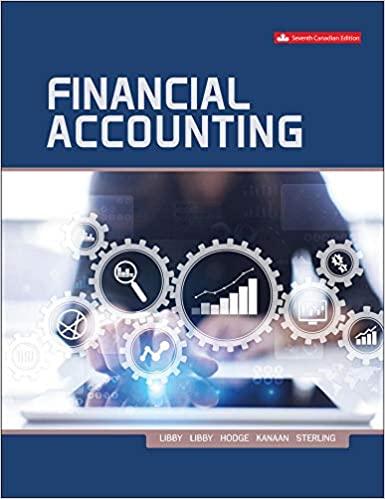Question
1- Which of the following is true with respect to the related party rules? a.A disallowed loss on a related party transaction can be used
1-
Which of the following is true with respect to the related party rules?
a.A disallowed loss on a related party transaction can be used to offset any future gain when the property is sold to an unrelated party.
b.A taxpayer's uncle is a related party for purposes of Section 267.
c.Bill sells stock to his sister for a $3,000 loss. Bill can deduct the loss on his tax return.
d.Under the constructive ownership rules of Section 267, a shareholder owns 10 percent of the stock owned by a corporation in which he or she is a shareholder.
e.None of these choices are true
2-
Which of the following is a capital asset?
a.Accounts receivable held by a dentist
b.Inventory held by a manufacturer
c.All property owned by a taxpayer other than property specifically noted in the law as an exception
d.Depreciable property and real estate used in a trade or business
3-
Steve Corp bought a $600,000 apartment building in June of 2015. Of the purchase price, $104,950 is allocated to the value of the land. What is the maximum amount of depreciation that the company can claim in 2016 (year 2) for the building?
a.$18,000
b.$25,000 under the election to expense business property
c.$9,752
d.$21,816
e.You cannot depreciate property costing over $500,000.
Step by Step Solution
There are 3 Steps involved in it
Step: 1

Get Instant Access to Expert-Tailored Solutions
See step-by-step solutions with expert insights and AI powered tools for academic success
Step: 2

Step: 3

Ace Your Homework with AI
Get the answers you need in no time with our AI-driven, step-by-step assistance
Get Started


